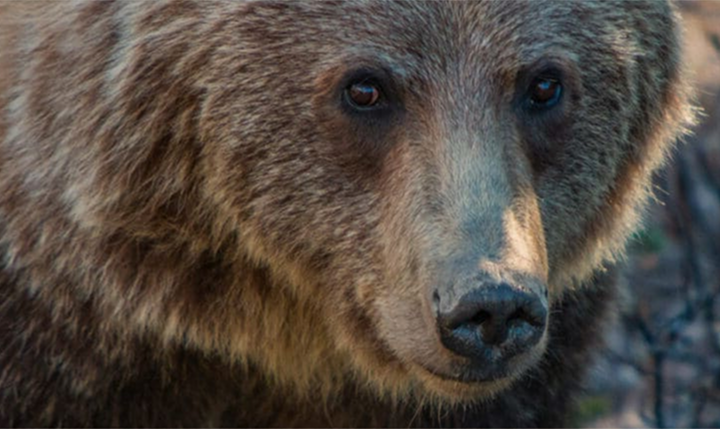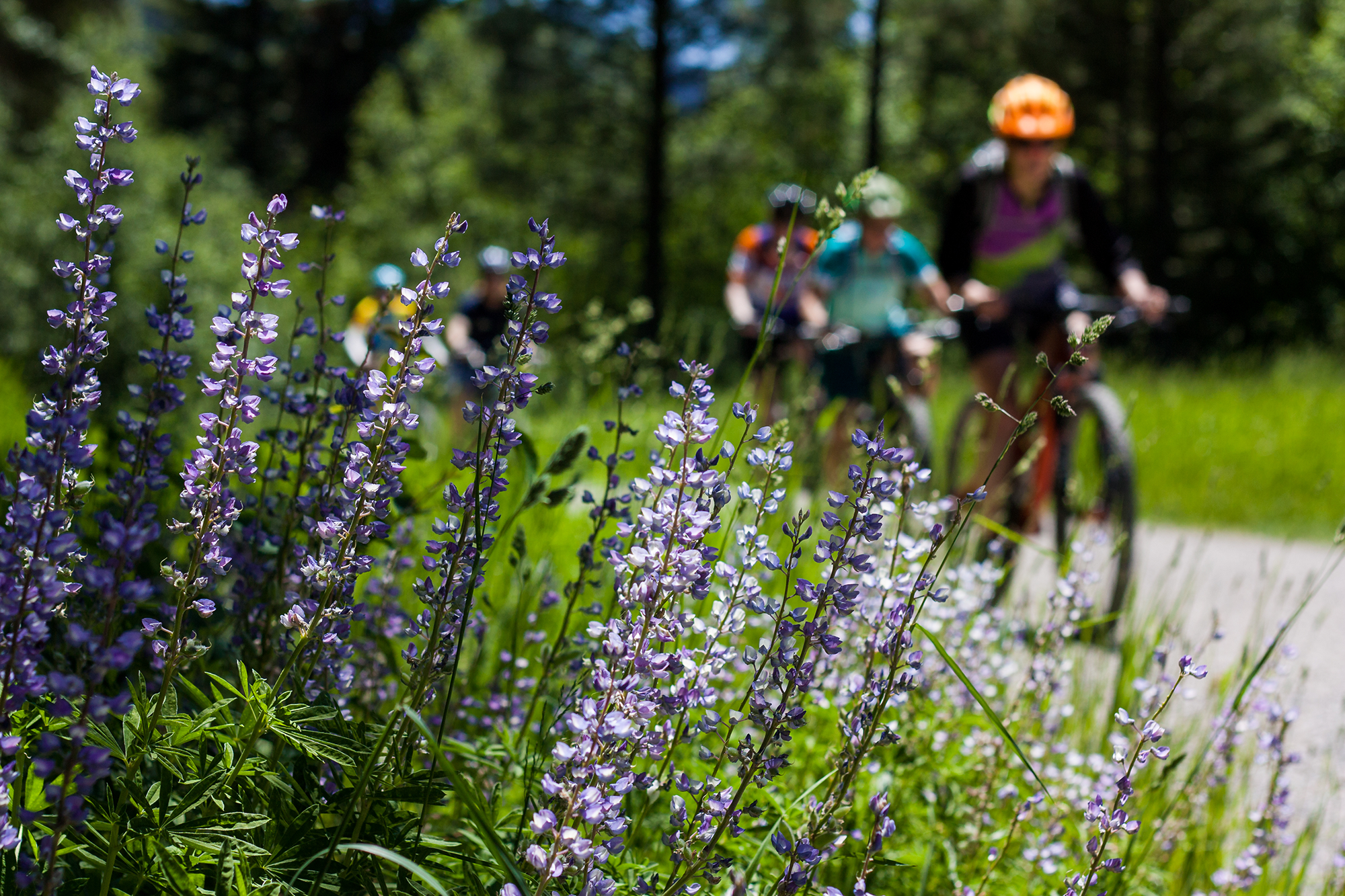Don’t give B.C. a blank cheque on killing wolves and cougars
They promised herd planning by 2019 and they didn’t deliver.
They promised habitat protections in southern and central interior B.C. by 2020 — and they didn’t deliver.
Now, the B.C. government is asking for a five-year “blank cheque” to kill wolves and cougars. Yet they continue to allow logging and other industrial activities that destroy caribou habitat.
The B.C. government says this five-year extension on wolf and cougar culls is to support the recovery of mountain caribou. However, a plan which only removes wolves and cougars is not a full plan for caribou recovery, which requires protecting and restoring habitat. The province has many tools that could and should be used to help caribou. There is a need to use all of them — not just predator control.
When part of a comprehensive recovery strategy that also includes much-needed habitat protection and restoration, Y2Y would not oppose predator control. This method can help support dwindling caribou populations until habitat has recovered by reducing predators common in landscapes affected by industry and human-disturbance. However, the B.C. government is not delivering a comprehensive strategy.
A blank cheque to kill predators, while more habitat is lost, is not a serious strategy to recover endangered caribou: it’s a bandage, and one that lacks public support.
First Nations have put forth their own recovery plans and have explicitly called on the B.C. government to protect caribou habitat— and we know that Indigenous-led caribou recovery works.
Scientific research shows that caribou and other hooved mammals, such as moose and deer, share a long history living alongside wolves and carnivores.
In the past when the landscape was changing slowly, those predator-prey dynamics were not as impactful, but today’s widespread and fast-paced industrial landscape change has a strong effect on these relationships: the changes and additions of new roads put in by industry makes it easier for predators, including wolves, to hunt their prey.
Habitat restoration following industrial impacts can help but may take many years — years caribou do not have. In the meantime, bandages to an emergency situation, such as predator reductions are being used to keep caribou numbers from completely crashing.
A blank cheque to kill predators, while more habitat is lost, is not a serious strategy to recover endangered caribou: it’s a bandage, and one that lacks public support.
It’s time to #StandUpForCaribou and demand better:
- Before November 15, take the government survey: The Province of B.C. is seeking your input to inform their decision-making process on a five-year extension to existing wolf and cougar culls plus the expansion of the program to one new area (North Cariboo).
Take the survey. Make your voice heard. Tell government you care about caribou, and emphasize that without adding habitat protection, B.C.’s plan to recover caribou will not work.
The survey is open until November 15: do it today! For more information, see our fact section below.
- Share this with your friends and family. Urge them to speak up for long-term action to help caribou.
- Use your social media platform for good. Share posts under the hashtag #StandUpForCaribou (also tag @Y2Y_Initiative on Twitter or Instagram.)
Things to consider when taking the B.C. Engage Survey:
- Since the 1990s, B.C.’s caribou population has declined from 40,000 to approximately 15,000.
- The crash in mountain caribou numbers is the result of habitat loss related to resource extraction such as logging, mining and roads put in by industry. B.C.’s failure to protect and restore crucial habitat is resulting in the emergency caribou face today.
- Caribou recovery is very important in B.C. The caribou has been with us for millennia and survived the last ice age. They are the “canary in the coal mine” for the health of ecosystem.
- Caribou recovery needs a comprehensive plan but addressing the larger issue of habitat loss through habitat protection, management, and restoration are the most important actions that B.C. can take. Strategies such as maternal penning and predator reduction are short-term, emergency solutions that are useful but only if habitat is being protected and restored.
- A plan that only reduces predators while continuing and even accelerating habitat destruction is not a defensible, scientific recovery plan. We can’t rely on just one approach when it comes to caribou recovery. Protecting the habitat of the mountain caribou needs a strategic and comprehensive plan to prevent and recover habitat loss — the most pressing issue facing caribou in British Columbia.


